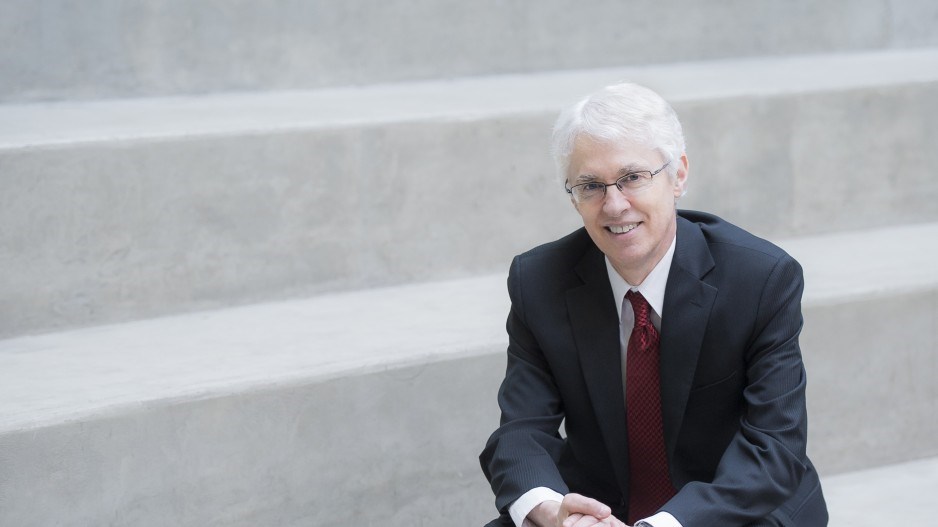We are living in interesting, some might say frightening, times.
COVID-19 has disrupted lives, upended economies and exposed and exacerbated deep social inequalities.
But as difficult as these past few months of pandemic life have been, particularly for the most vulnerable, they have also triggered a conversation about how – to borrow a phrase from the current political lexicon – we can “build back better” so that our future economy and society are made more equitable, sustainable and resilient.
Over my decade as president of Simon Fraser University (SFU), I saw first-hand how universities can contribute to this larger effort of restoration and renewal. Two lessons from the university’s experience stand out.
First, as robust institutions with significant presence in the communities they serve, universities like SFU are uniquely well positioned to anchor economic and social development efforts – a role that is increasingly important in a world where globalization has destabilized and displaced many institutions and industries that were once major contributors to social infrastructure and economic stability.
SFU has been a leader in showing how this can be done by being a major force for community development at all three of our campuses.
Consider, for example, how SFU Surrey has catalyzed the transformation of a once-neglected suburban district into a vibrant city centre, or how the growth of our Vancouver campus has uplifted and enlivened the downtown core, or how our UniverCity development on Burnaby Mountain has created a model sustainable community with homes and services for thousands of residents.
These transformations did not happen by accident. They were part of a deliberate and ongoing strategy that gave rise to a vision to engage communities that is now paying huge social and economic dividends for the region and the province.
This capacity to weave strength and resilience into our social and economic fabric is complemented by the contribution universities can make to developing the human capital and driving the innovation required for long-term sustainable growth. This is particularly important in a provincial economy where the vast majority of new jobs over the next decade will require post-secondary education, and a global economy where access to research and talent are the keys to competitiveness.
Here too, SFU has been a leader. Through the expansion of workplace and community-based learning, SFU has enabled students to combine the acquisition of vital knowledge with the development of practical skills – thereby contributing to the local economy while gaining important experience.
At the same time, initiatives like SFU Innovates are translating research and ideas into the discoveries needed for sustainable economic development, and new programs in areas such as Indigenous business leadership, big data and sustainable energy are driving positive change in communities.
These are just a few examples of how SFU’s vision points to a future in which the transformative power of post-secondary education can be harnessed to build a more equitable, sustainable and resilient future. And it is a vision, I am pleased to say, that is gaining global recognition. Of the 766 institutions ranked this year by Times Higher Education for their societal impact – measured against the United Nations sustainability goals – SFU ranked 19th overall and first in the world for its impact on sustainable cities and communities.
In the decade that I have served as SFU president, the world has changed faster than at any time in living memory, creating huge amounts of disturbance and uncertainty. But our mission in life is not to stumble through history; it is to make it – a philosophy that has defined SFU’s character from its founding.
Now, as Canada and the world confront the daunting challenges associated with COVID-19, economic inequality and climate change, SFU offers an object lesson in how education can be, in the words of Nelson Mandela, “the most powerful weapon we can use to change the world.” •
Andrew Petter is past president and vice-chancellor of Simon Fraser University.




